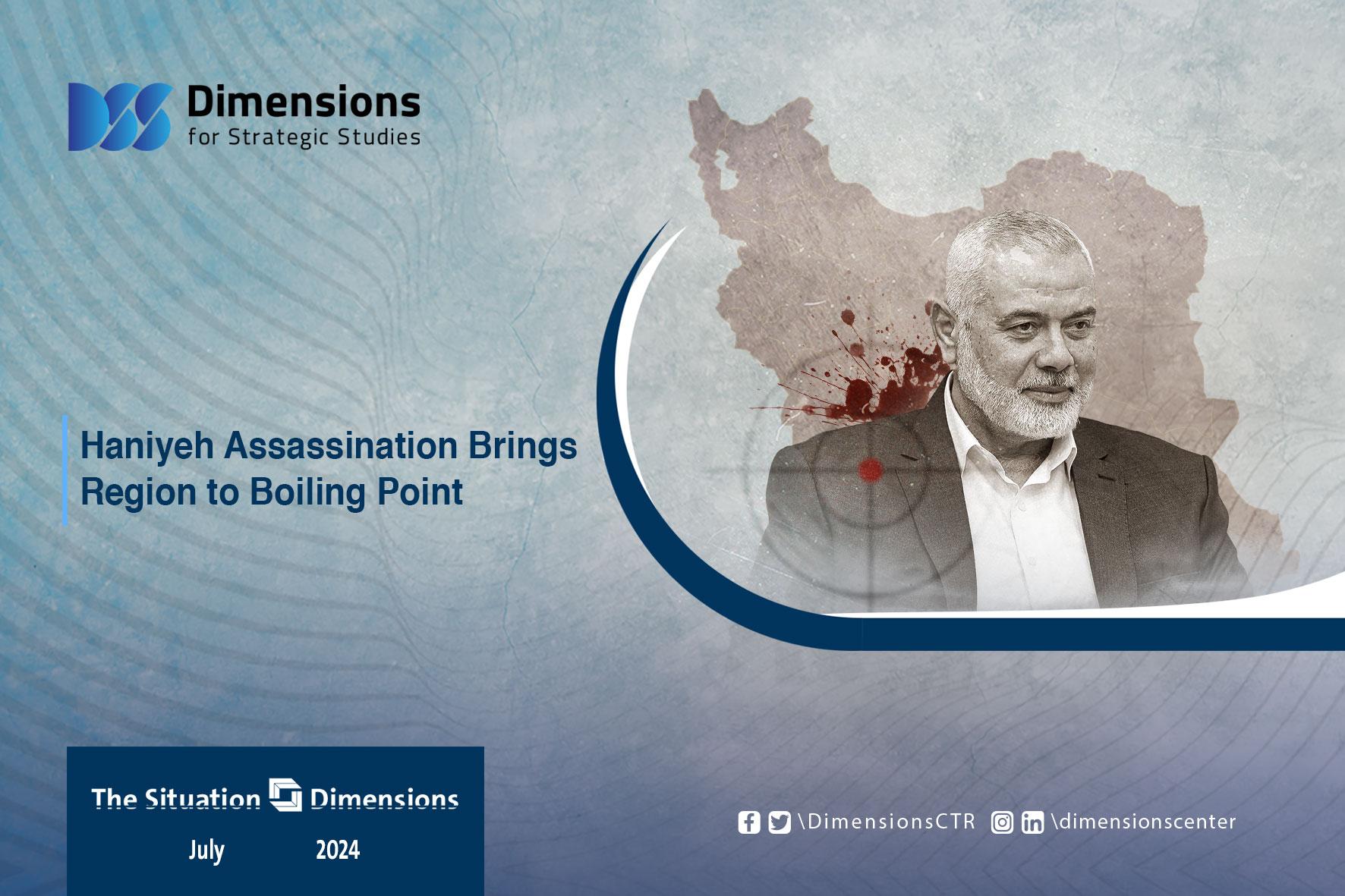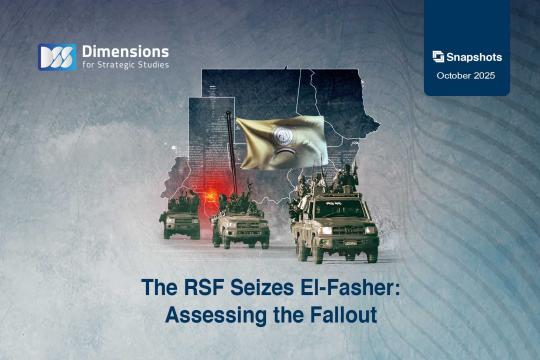
Haniyeh Assassination Brings Region to Boiling Point
2024-08-063138 view
The assassination in Tehran of senior Hamas figure Ismail Haniyeh constitutes a major break with the unwritten rules of engagement between Israel and Iran. Haniyeh, who was head of the Palestinian group’s political bureau, was assassinated during a visit to the Iranian capital as a guest of honor at the inauguration of President Masoud Pezeshkian .
Haniyeh was a highly symbolic figure, theoretically sitting at the top of the Hamas power structure. The timing of his assassination was also pertinent, coming just hours after the killing in Beirut’s Dahiya district of a top Hezbollah commander, in another suspected Israeli strike.
The two operations starkly demonstrated Israel’s military and intelligence superiority over the Iran-led axis in the region, exposing the latter’s inability to protect its own people in their strongholds, whether in the southern suburbs of Beirut or the heart of the Iranian capital.
While dramatic, the strike represents a continuation of Israel’s policy of assassinating senior Palestinian, Iranian Revolutionary Guard and Hezbollah leaders, along with several Iranian nuclear scientists.
From an Israeli perspective, Haniyeh’s killing represents one of Prime Minister Benjamin Netanyahu’s most notable achievements since the Hamas attack on Israel last year. It gives the premier a much-needed boost to his domestic standing with the Israeli public, angered both by the October 7 attack and the slow progress of the battle in Gaza.
For Hamas, the killing is a major upset that could cause internal turmoil. The killings of both Haniyeh and senior Hamas military figure Saleh al-Arouri place the reins of the political bureau in the hands of Zaher Jabarin—but his leadership, from abroad, is disputed by the movement’s heads in the Gaza Strip.
Haniyeh, affiliated with the Gaza leadership, had been able to manage relations among the group’s various branches.
Netanyahu is believed to have obtained an American green light for the operation during his visit to Washington last week, and it is possible that it was carried out with intelligence and military help from the United States.
The highly symbolic killing places great pressure on Iranian decisionmakers, who always strive to avoid direct confrontation with Israel, opting to fight it through proxies and allies on other nations’ territories.
Yet seen from Tehran, a killing of this highly sensitive nature kind demands a response that restores Iranian prestige both regionally and internationally. However, the Islamic Republic is unlikely to make any move that would risk dragging it into a direct confrontation with Israel or lead to an even greater escalation from the Israeli side.
Therefore, Tehran will likely work through mediators to obtain a price in exchange for its commitment to its policy of “strategic patience”—or carry out a highly choreographed response, in coordination with its enemy.





